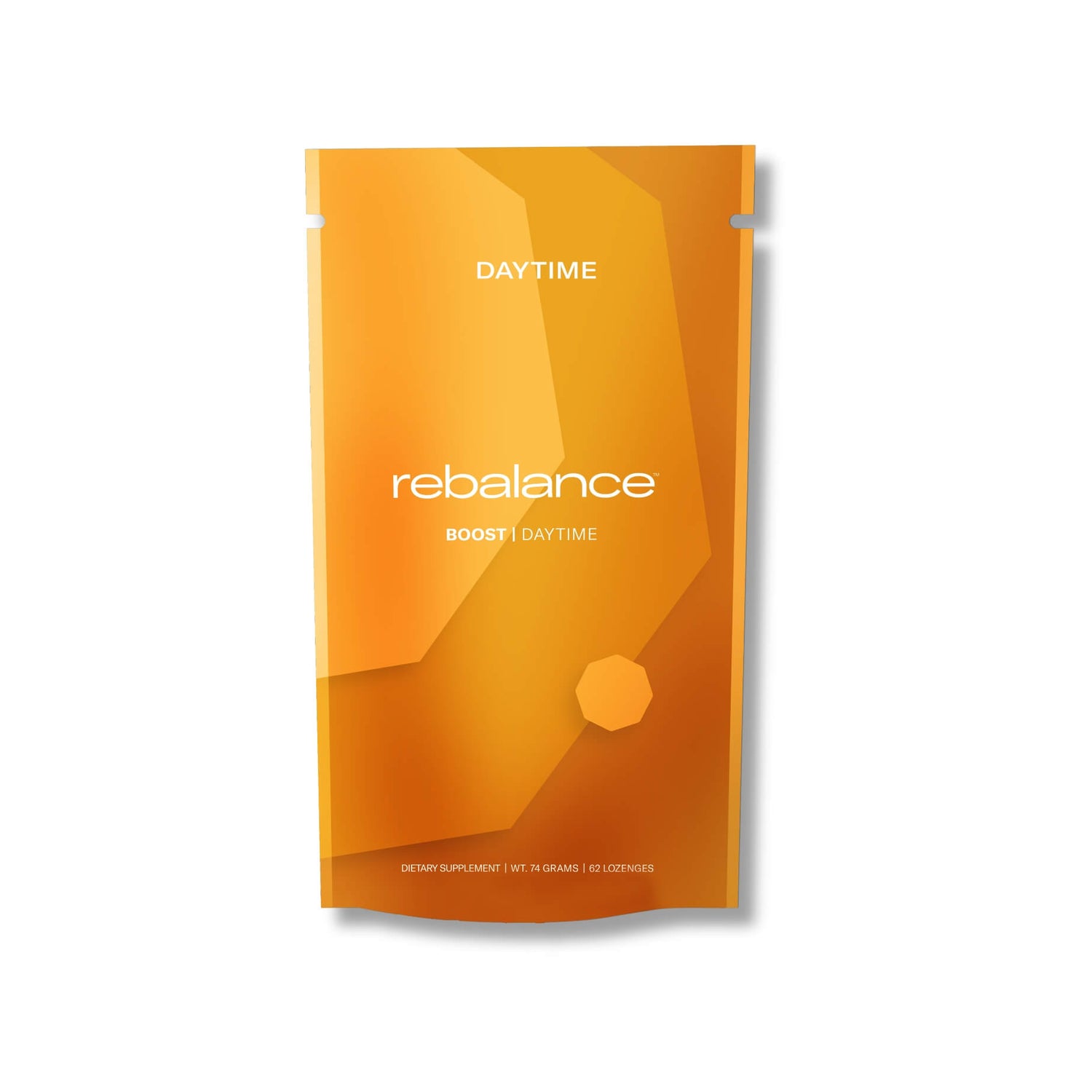Low energy, stubborn weight gain, fading sex drive, and generally feeeling... "meh"? It might not just be age — it could be low testosterone. Here’s what’s really going on in your body (and what you can do about it).
Testosterone 101: What It Is and Why It Matters
Testosterone is often called the "male hormone," but it's so much more than that. It’s the chemical commander-in-chief behind everything from muscle growth and sex drive to mood, motivation, and energy levels.
Testosterone is produced primarily in the testes and regulated by a feedback loop involving your brain—specifically, the hypothalamus and pituitary gland. When things are running smoothly, your body maintains a healthy rhythm of testosterone production that keeps you feeling strong, sharp, and vital.
SHOP THE TESTOSTERONE SYSTEM
What Happens to Testosterone as You Age?
Starting around age 30, testosterone levels naturally begin to decline by about 1% per year. That might not sound like much—until it is. Over time, that slow trickle can turn into a flood of symptoms, including:
-
Low libido or erectile changes
-
Fatigue and low energy
-
Decreased muscle mass and strength
-
Increased body fat (especially around the midsection)
-
Brain fog, low mood, or even depression
-
Slower recovery from workouts or stress
Sound familiar? You’re not alone. Millions of men experience this shift—but many chalk it up to “just getting older.” The truth is more nuanced—and more hopeful.
What Else Causes Low Testosterone?
Age isn’t the only factor. Modern life adds multiple layers of pressure that can accelerate testosterone loss. Some of the most common culprits include:
1. Chronic Stress
High cortisol levels interfere with the body’s ability to make testosterone. (More on that here).
2. Poor Sleep
Your body produces testosterone while you sleep, especially during deep sleep. No deep sleep = no hormone recovery. (Learn how to fix that here).
3. Nutrient Deficiencies
Zinc, magnesium, and vitamin D are all essential for testosterone production. Diets low in these nutrients (or heavy in processed foods) can drag levels down.
4. Excess Body Fat
Fat cells—especially around the abdomen—convert testosterone into estrogen through a process called aromatization. The more fat you carry, the more testosterone you lose.
5. Environmental Toxins
Chemicals found in plastics, pesticides, and personal care products can act as endocrine disruptors, mimicking estrogen and blocking testosterone signaling.
SHOP THE TESTOSTERONE SYSTEM
Why Some Men Turn to Testosterone Injections
When symptoms are severe and natural strategies aren’t enough, some men consider testosterone replacement therapy (TRT). This can be an effective option—but it’s not a silver bullet.
TRT typically involves regular injections (or gels or pellets) to artificially raise testosterone levels. While it can help with energy, libido, and muscle mass, it requires medical supervision, frequent testing, and may affect fertility.
If you’re considering it, work with a knowledgeable doctor—and explore natural strategies first.
5 Natural Ways to Boost Testosterone
Before jumping to prescriptions, there are several proven strategies that can help optimize your testosterone naturally:
1. Prioritize Sleep
Your body needs 7–9 hours of high-quality sleep to make testosterone. Try cutting screens an hour before bed, sleeping in a dark room, and supporting your circadian rhythm.
→ Learn how sleep affects testosterone
2. Reduce Chronic Stress
Deep breathing, resistance training, and adaptogenic herbs like ashwagandha can help bring cortisol down—so testosterone can rise.
→ Explore the testosterone-stress connection
3. Lift Weights (Heavy Ones)
Strength training, especially compound lifts like squats and deadlifts, stimulates testosterone production and builds lean mass.
4. Eat More Healthy Fats
Testosterone is made from cholesterol. Diets with adequate monounsaturated fats (like olive oil, avocado, eggs, and nuts) support hormone production.
5. Avoid Endocrine Disruptors
Use glass instead of plastic containers. Check your personal care products for phthalates and parabens. These chemicals can interfere with hormonal balance over time.
Final Thoughts
Testosterone isn’t just about masculinity—it’s about vitality, confidence, and quality of life. If you’re not feeling like yourself lately, don’t write it off as “just age.” It might be time to check your testosterone levels—and take action to support them.
Start with the basics: better sleep, lower stress, and daily habits that respect your biology. Because your hormones aren’t just a background system—they are the system.
SHOP THE TESTOSTERONE SYSTEM


